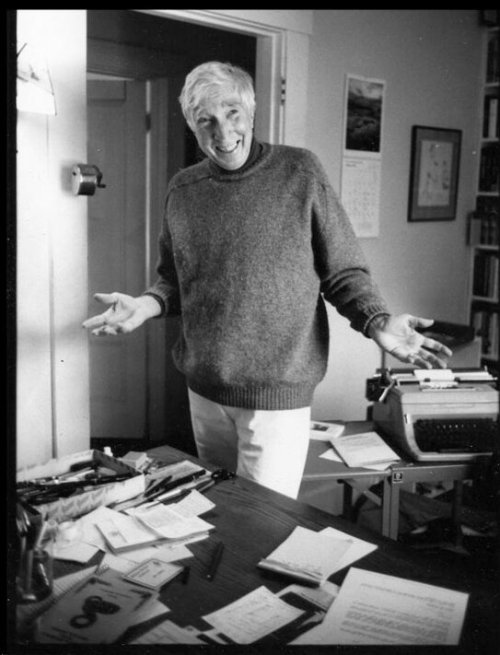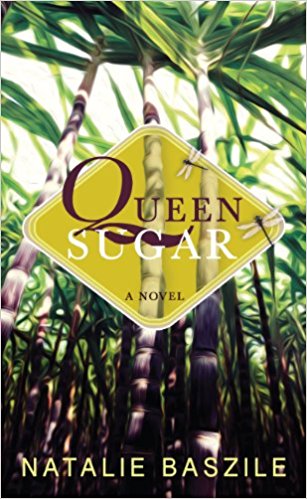John Updike

John Updike – 1994. (Picture credit: Jill Krementz)

John Updike (1932-2009) was an American novelist, poet, literary critic, art critic and short story writer. He was one of only three writers to win the Pulitzer Prize for Fiction more than once. Updike published more than twenty novels, more than a dozen short-story collections, as well as poetry, art and literary criticism and children’s books during his career.
Hundreds of his stories, reviews, and poems appeared in The New Yorker starting in 1954. He also wrote regularly for The New York Review of Books. His most famous work is his “Rabbit” series (the novels Rabbit, Run; Rabbit Redux; Rabbit Is Rich; Rabbit at Rest; and the novella Rabbit Remembered), which chronicles the life of the middle-class everyman Harry “Rabbit” Angstrom over the course of several decades, from young adulthood to death. Both Rabbit Is Rich(1982) and Rabbit at Rest (1990) were recognized with the Pulitzer Prize.

In an interview for the Paris Review in 1967 he mentioned his fascination for the whole creative process –
The miracle of turning inklings into thoughts and thoughts into words and words into metal and print and ink never palls for me.
For much of his career he rented a small office above a restaurant in downtown Ipswich, Massachusetts, where he would write for three or four hours each morning, netting about three pages per day.

In 1978 he spoke more about his routine –
I try to write in the morning and then into the afternoon.
I’m a later riser … I rush into the office around 9:30 and try to put the creative project first. I have a late lunch, and then the rest of the day somehow gets squandered. There is a great deal of busywork to a writer’s life, as to a professor’s life, a great deal of work that matters only in that, if you don’t do it, your desk becomes very full of papers. So, there is a lot of letter answering and a certain amount of speaking, though I try to keep that at a minimum. But I’ve never been a night writer, unlike some of my colleagues, and I’ve never believed that one should wait until one is inspired because I think that the pleasures of not writing are so great that if you ever start indulging them you will never write again. So, I try to be a regular sort of fellow – much like a dentist drilling his teeth every morning – except Sunday, I don’t work on Sunday, and of course some holidays I take. A solid routine saves you from giving up.

In a further interview during 2004 he was again asked about his writing routine and whether he kept to any particular schedule.
“Since I’ve gone through some trouble not to teach and not to have any employment, I have no reason not to go to my desk after breakfast and work there until lunch, so I work three or four hours in the morning. And it’s not all covering blank paper with beautiful phrases… I begin by answering a letter or two — there’s a lot of junk in your life as a writer, most people have junk in their lives — but I try to give about three hours to the project at hand and to move it along. There’s a danger if you don’t move it steadily that you kind of forget what it’s about, so you must keep in touch with it I figure. So once embarked, yes, I do try to stick to a schedule. I’ve been maintaining this schedule off and on — well, really since I moved up to Ipswich in ’57.”
“It’s a long time to be doing one thing. I don’t know how to retire. I don’t know how to get off the horse, though. I still like to do it. I still love books coming out. I love the smell of glue and the shiny look of the jacket and the type, and to see your own scribbles turned into more or less impeccable type. It’s still a great thrill for me, so I will probably persevere a little longer, but I do think maybe the time has come for me to be a little less compulsive, and maybe (slow down) the book-a-year technique, which has been basically the way I’ve operated.”

References:
- Daily Rituals – Mason Currey
- http://www.achievement.org/achiever/john-updike/
- http://www.newyorksocialdiary.com/node/193849/print
Advertisements Share this:





